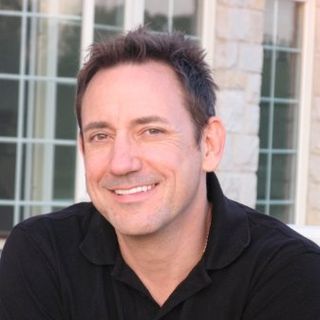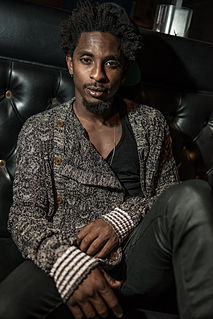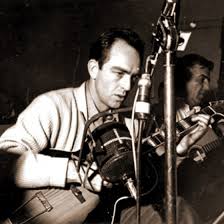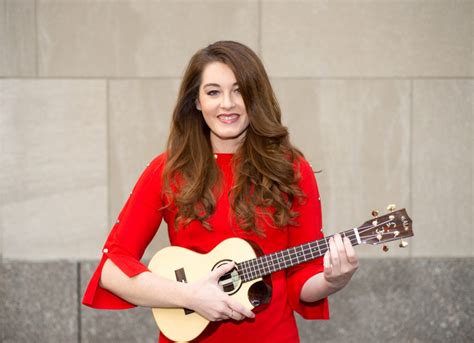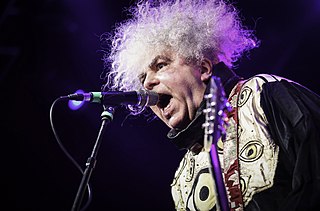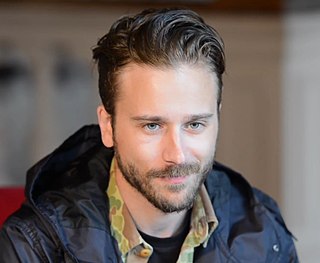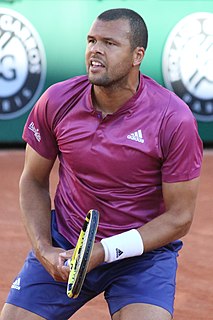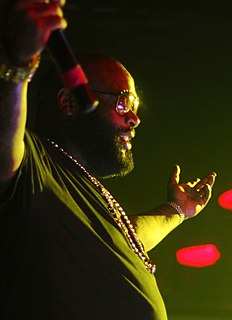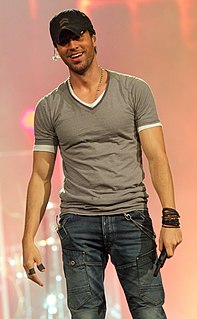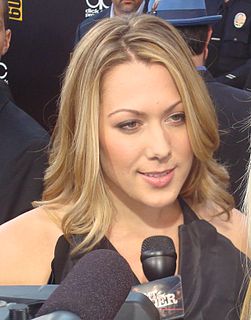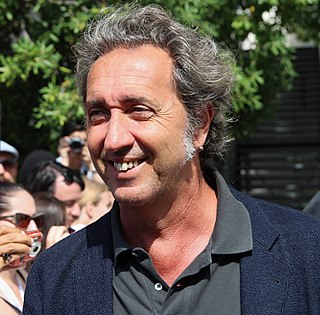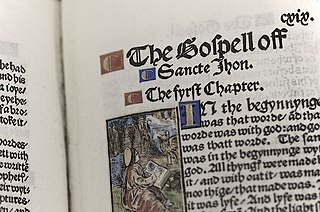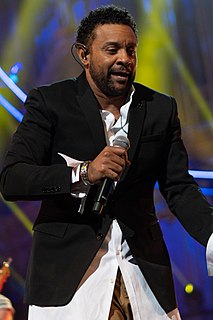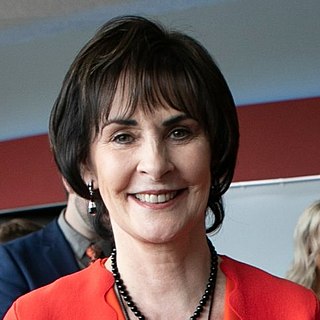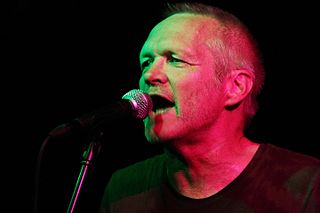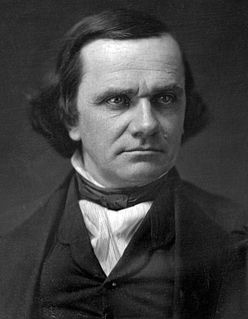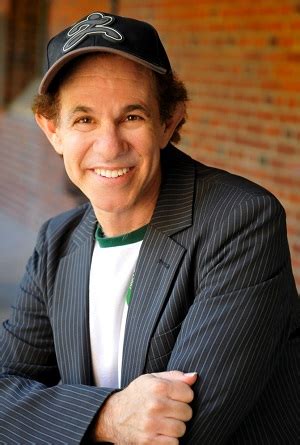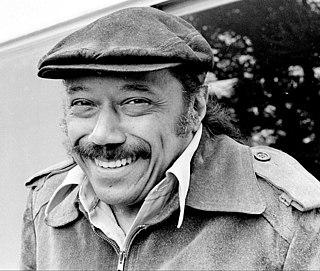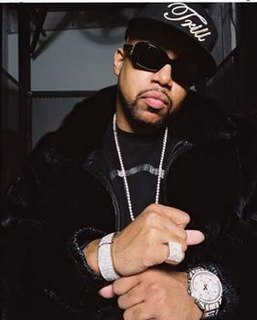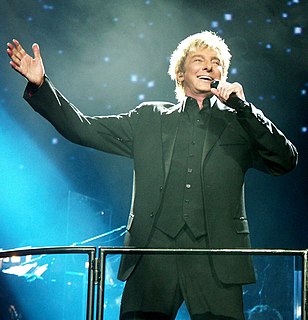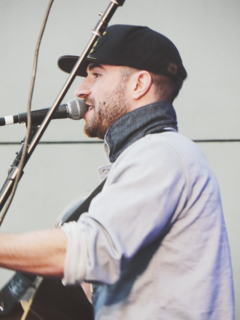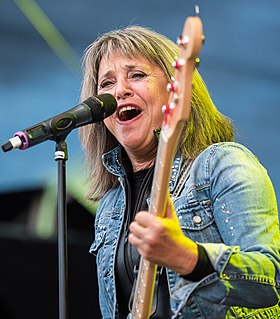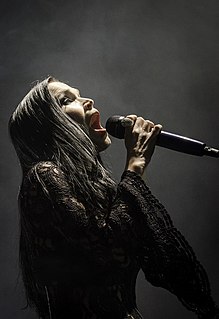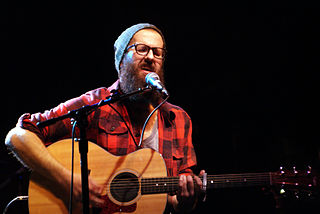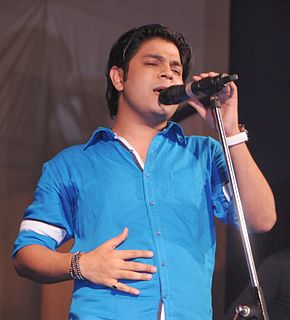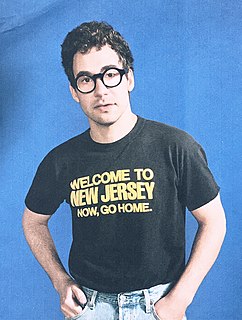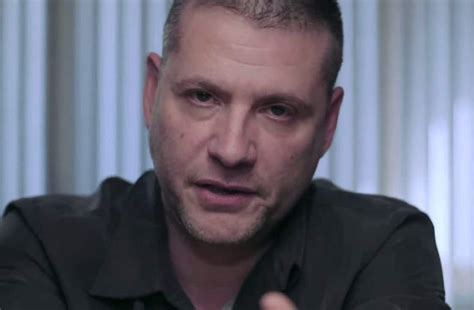Top 1200 Religious Music Quotes & Sayings - Page 20
Explore popular Religious Music quotes.
Last updated on October 23, 2024.
Way down deep the American people are afraid of an entangling relationship between formal religions - or whole bodies of religious belief - and government. Apart from constitutional law and religious doctrine, there is a sense that tells us it's wrong to presume to speak for God or to claim God's sanction of our particular legislation and his rejection of all other positions. Most of us are offended when we see religion being trivialized by its appearance in political throw-away pamphlets.
The issue of religious liberty is absolutely critical. America was founded on three different types of liberty: political liberty, economic liberty, and religious and civil liberty. It's remarkable that, one-by-one, these strands of liberty are coming under fierce attack from the Left. And that's particularly ironic because "liberal" derives from a word which means "liberty," the free man as opposed to the slave. This liberalism which we're saddled with today isn't a real liberalism at all, but a gangster style of politics masquerading as liberalism.
Market bashers ... might understand the claim that in some particular field, markets required no intervention--though they'd be skeptical--but the notion that, on general principle, complex systems ran themselves just fine without benign intervention seemed like it could only be the product of a quasi-religious faith. ... Of course, this gets things almost precisely backwards. It is the idea that all order must be explained by a functioning mind at the helm, not its denial, that has the closet affinity to the religious instinct.
We all agree that neither the Government nor political parties ought to interfere with religious sects. It is equally true that religious sects ought not to interfere with the Government or with political parties. We believe that the cause of good government and the cause of religion both suffer by all such interference.
In the 1960s, people like Bob Dylan, his music and words were a threat to the society and mainstream of the time. It shook people alive, and directly and indirectly things changed. But, as I see it, the change is never through the music alone. It's also the circumstances around the music that will cause/create the effect. And sometimes it's just strictly accidental that a piece of music becomes a form of protest.
I am now speaking of rights under the Constitution, and not of moral or religious rights. I do not discuss the morals of the people of Missouri, but let them settle that matter for themselves. I hold that the people of the slaveholding States are civilized men as well as ourselves, that they bear consciences as well as we, and that they are accountable to God and their posterity and not to us. It is for them to decide therefore the moral and religious right of the slavery question for themselves within their own limits.
Basically my influences have been American influences. It's been blues, gospel, swing era music, bebop music, Broadway show music, classical music. It's like making a stew. You put all these various ingredients in it. You season it with this. You put that in it. You put the other in it. You mix it all up and it comes out something neat, something that you created.
Some guys that know me from when I was a kid say "My son, oh he's just like your father." It's just a natural part of our lives. But, within the music industry and within the industry of the critiques of music, where it becomes "Ziggy's music is not as good as Bob's music," I don't understand. But I don't really pay much attention to that because I'm just expressing myself.
When the Jews were being persecuted by the Nazis in 1944 we passed the War Refugee Act, which focused on rescuing Jews, a religious group. But if the religious group is the subject of the persecution based on their religion, it's perfectly OK for a First Amendment-bound society to emphasize their rescue, just as it is perfectly OK to emphasize the fact that many, if not all of the perpetrators of Islamic terrorism, come from countries with a history of supporting terrorism.
What stood me in good stead was my upbringing. I had a musician father, a very religious mother who totally supported us. My mom gave me my moral code which, even if I was bad, I wasn't bad for very long. If you're born and raised Catholic, it stays with you a lifetime. It's a good thing to have. My dad gave me a very professional attitude to the music business, and for that I thank them 100%.
Music is generally important to blind people, and most of the blind people that I have come into contact, through my parents, music is very special to them. Obviously, because it is more salient, you know? We might like going to the movies, and of course we like music too, but when the eyes don't work then the ears pick up slack. Music is all the sweeter at that point.
According to my religious belief, I'm sorry if you feel like I'm pushing this on you - my religious belief is that you behave the way God wants us to behave. And that's simply love God and love one another. If we did that, there would be no need for any of the other commandments. It would be great. But in the same vein, we would have obtained paradise by that point. And it's tougher to get to paradise by that point.

